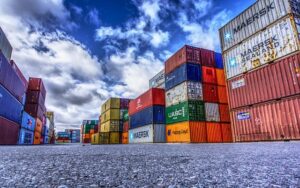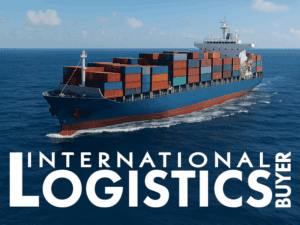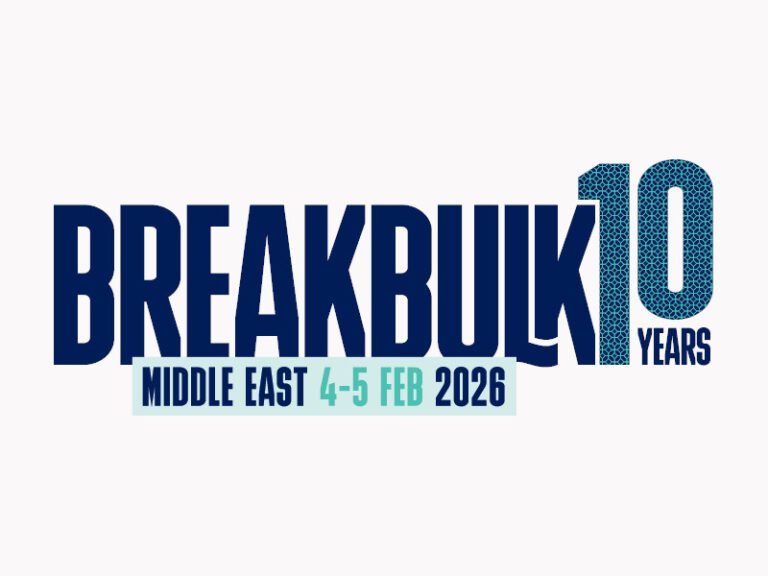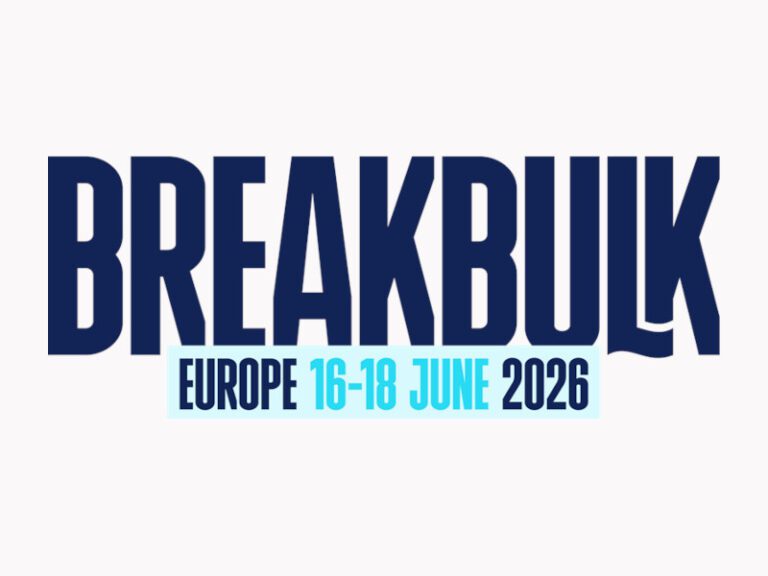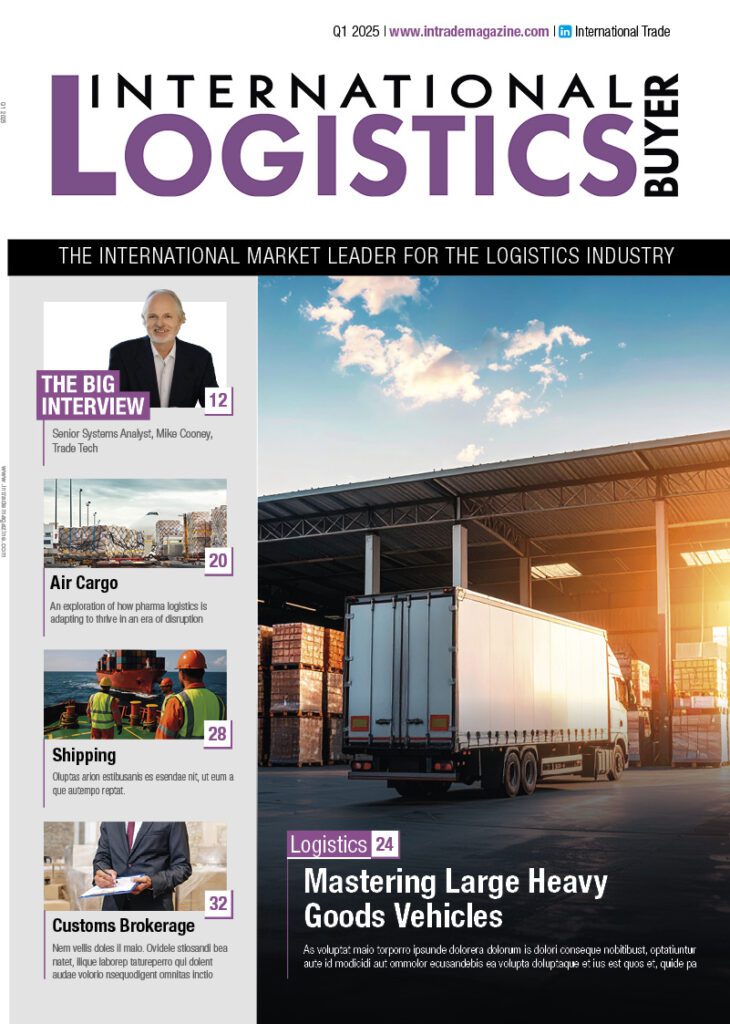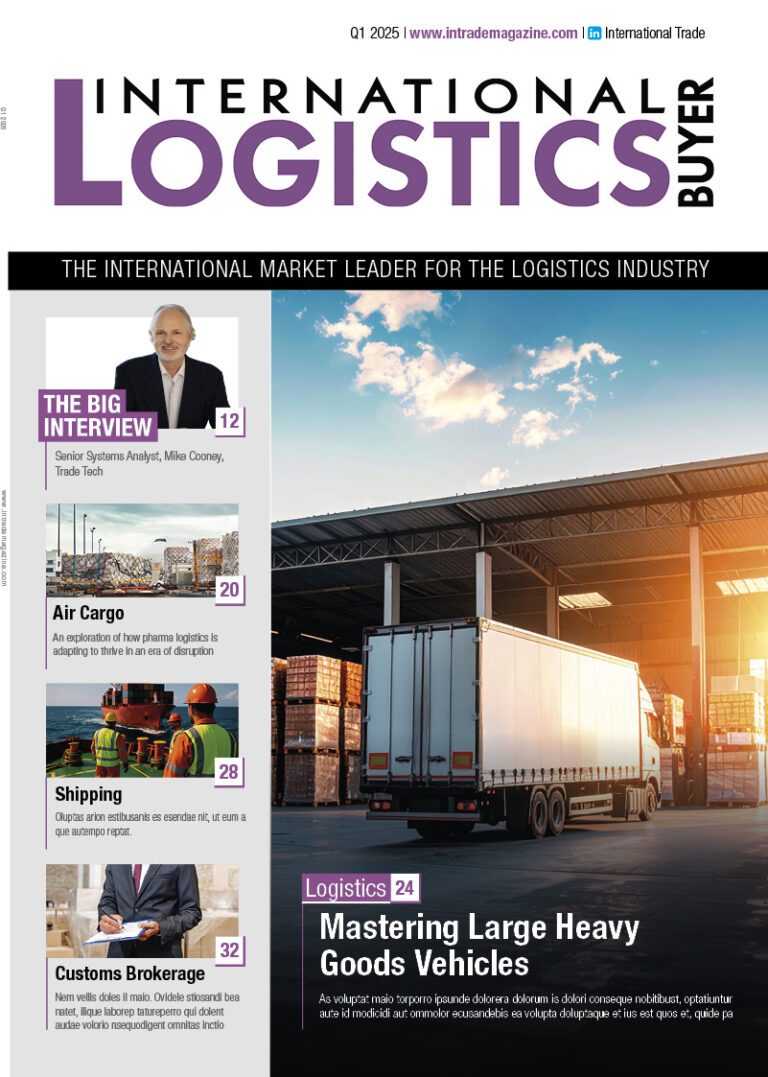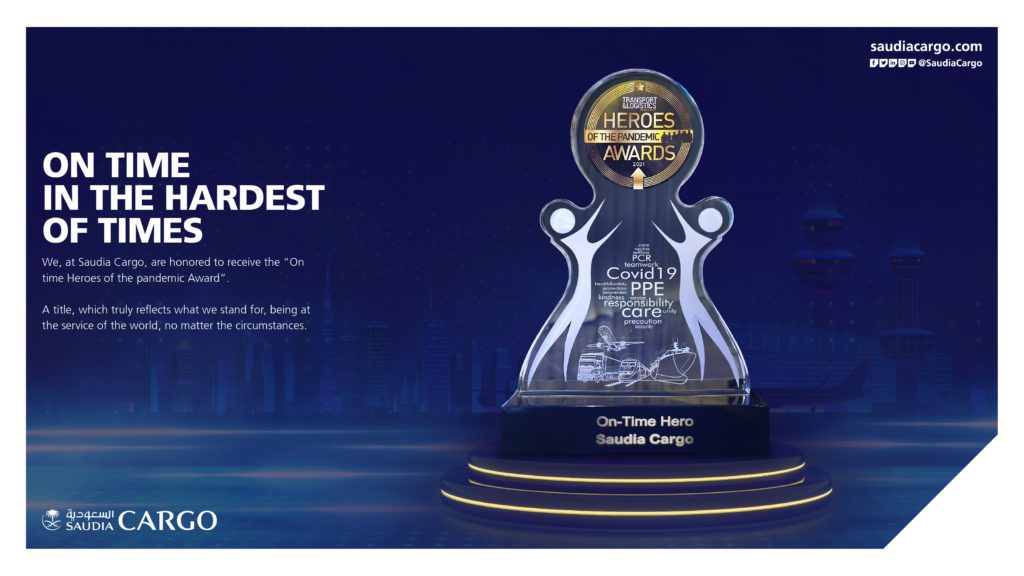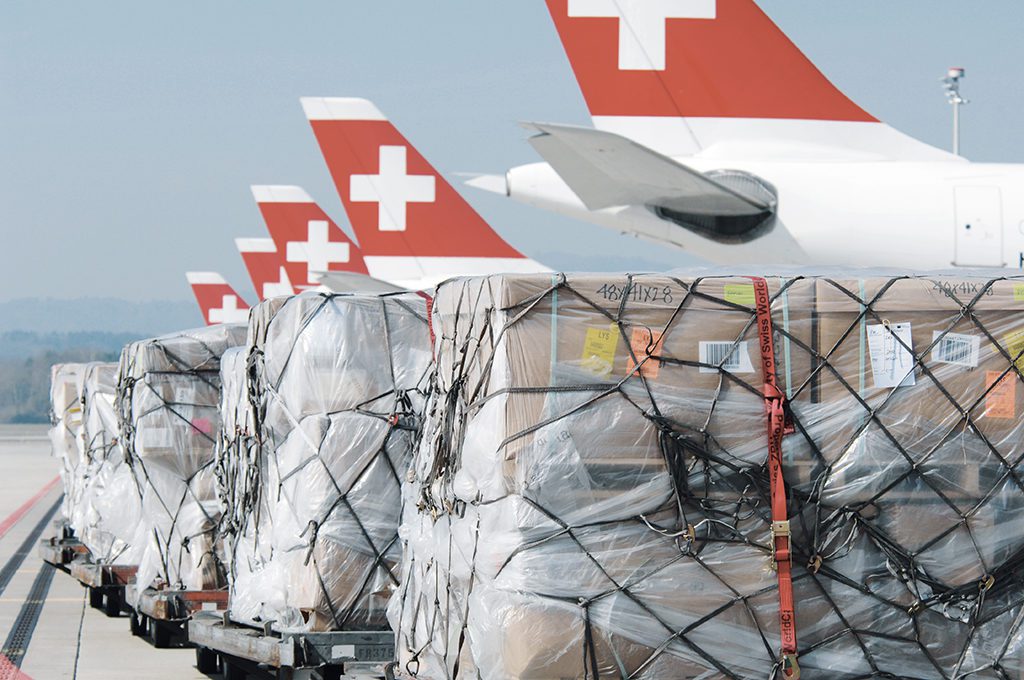Executives today are under a tremendous amount of pressure in today’s post-pandemic knowledge-driven economy. They began to listen and respond to the plethora of information in the form of articles, books, and models attempting to provide effective leadership to help impact not only the productivity and profitability of the organization but also the competitive advantage. This article is set in place to inspire leaders to effectively lead their companies to meet and exceed the global challenges today. It is about getting the information needed to be successful in the right hands of executives worldwide in a post-COVID world.
Today‘s post-pandemic knowledge-driven economy is placing more pressure on companies to achieve a high level of knowledge-driven performance and organizational competitiveness. There are many academic studies that focus on the organizational and managerial factors that drive knowledge-driven performance and organizational competitiveness. Knowledge is one such area that plays a critical role and is a strategic prerequisite for business success in the post-pandemic knowledge-driven economy. Executives that manage knowledge and use it as an important driving force for business success find their organization to be more competitive and on the cutting edge in the new economic normal. For now, executives can develop conducive organizational climates that foster an atmosphere of trust and openness in which knowledge, as a driver of improved knowledge-driven performance.
This article blends scholarly concepts with real world application and places a great deal of emphasis on the literature on organizational resources as significant indicators for knowledge-driven performance and organizational competitiveness. This article has several implications for practitioners. First, this article adds to a relatively small body of business literature and develops our understanding of today’s post-pandemic knowledge-driven economy. Second, this article develops a new and dynamic conception of organizational resources. Particularly, I advance the current literature on the post-pandemic knowledge-driven economy by offering novel insights into how organizational resources affect knowledge-driven performance and organizational competitiveness. Further, I show that a firm’s ability to enhance knowledge-driven performance, create competitive advantage and also recognize the global changes occurring in the post-COVID business environments and effectively respond to them can be significantly affected by organizational resources.
The pillars of post-pandemic knowledge-driven economy
In a post-pandemic world, the business environment is constantly changing. Knowledge is a crucial part of hypercompetitive environments. Organizations can design, copy, or update products and services easier with more adaptability than ever today. Organizations compete globally but must think locally if they expect to exceed. And new markets place demands on the roles of change leaders in organizations operating in this modern environment.
Today‘s knowledge-driven economy is placing more pressure on organizations to employ effective leaders who are capable of developing knowledge-based organizations and creating competitive advantage. Culture, structure, strategy, networks and stakeholders are internal resources that can increasingly facilitate knowledge-driven performance and improve the search for knowledge.
Executives are now introduced to The Proposed Model
Based on an integrated framework of the above ideas and scholarly research, I depict and applicable and reliable model for executives as Figure 1. This framework of the model highlights a relationship between organizational resources and knowledge-driven performance and organizational competitiveness. In Figure 1, organizational resources have sizable impacts on knowledge-driven performance which also leads to better competitive advantage. In fact, better strategy, better culture, better structure, better networks and better stakeholder orientation can lead to higher knowledge-drive performance and organizational competitiveness.
There are some executives that like to look at academic journals but unfortunately the crossover literature has not reached them enough. I attempt to blend scholarly concepts with real world application. In this article, executives see that I expand upon the subject matter of an organization’s internal resources. Insufficient consideration of the impacts of organizational resources on knowledge-driven performance and organizational competitiveness has been exposed. Thus, for executives, this article can portray a more detailed picture of the effects of these organizational factors on knowledge-driven performance and organizational competitiveness that have been mentioned but not placed in a model in the past.
In Conclusion
This article raises vital questions as to how executives can successfully contribute to knowledge-driven performance and subsequently improve competitiveness at all levels of the organization and overcome threats to one’s survival as a company. This article offers practical contributions for managers at all levels of the organization. I stress that knowledge is a strategic resource for organizational portfolios in a post-pandemic world. Many organizations still implement knowledge development initiatives without sufficient consideration of their organizational resources. When executives ensure the effectiveness of organizational resources they increase knowledge-driven performance and organizational competitiveness and also lessen operational risk.
This article suggests that five organizational factors of culture, structure, strategy, networks stakeholder orientation constitute the foundation of a supportive workplace to improve knowledge-driven performance and organizational competitiveness. The nature of the interactions between these organizational resources and knowledge-driven performance and organizational competitiveness can suggest several complementary insights for the existing business literature. The focus of this article is based upon the critical role of these organizational resources which allows a rich basis to understanding the mechanisms by which knowledge-driven performance and organizational competitiveness are influenced. This article articulates a different approach. I simply extended the business literature by showing how executives can also contribute to knowledge-driven performance and organizational competitiveness by fostering a trust-based culture, a flexible structure, an agile strategy, and more effective networks stakeholder orientation. These five factors coupled with knowledge-driven performance and organizational competitiveness is presented as a new approach for executive implementation.
–Mostafa Sayyadi, Senior Management Consultant, Consulting Magazine
To stay up to date on the latest, trends, innovations, people news and company updates within the global trade and logistics market please register to receive our newsletter here.
Media contact
Rebecca Morpeth Spayne,
Editor, International Trade Magazine
Tel: +44 (0) 1622 823 922
Email: editor@logistics-buyer.com

